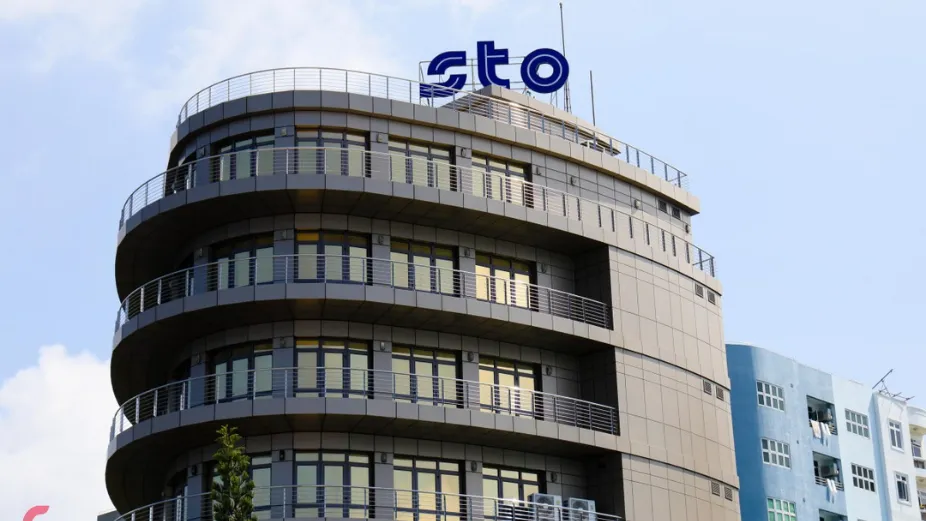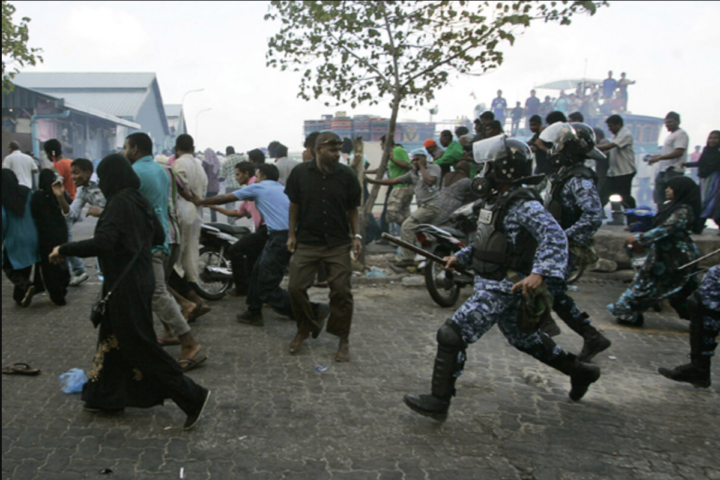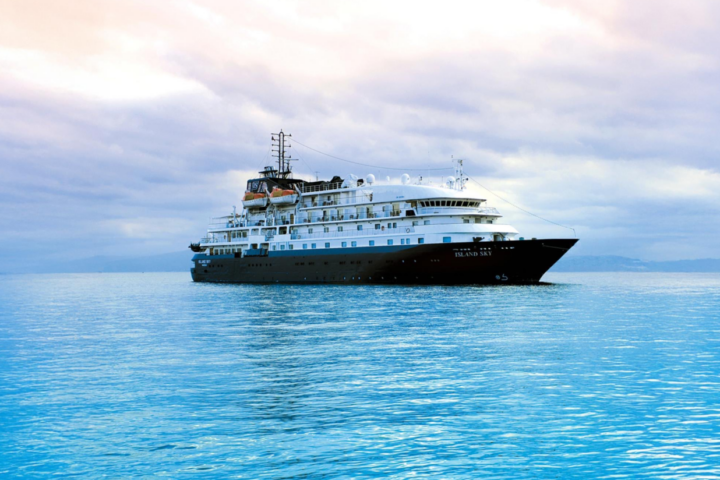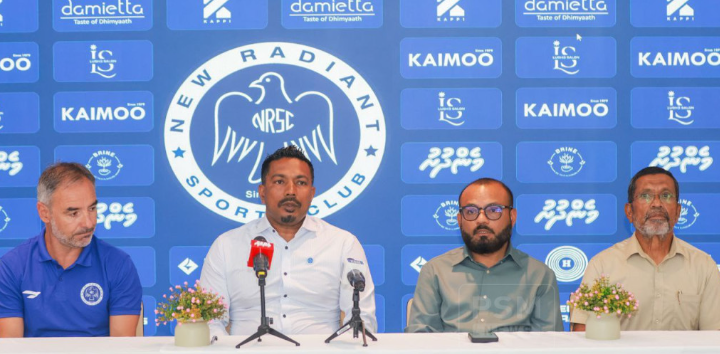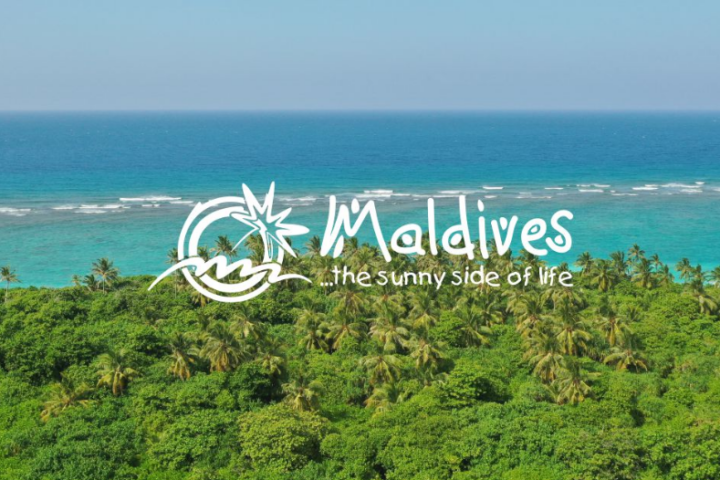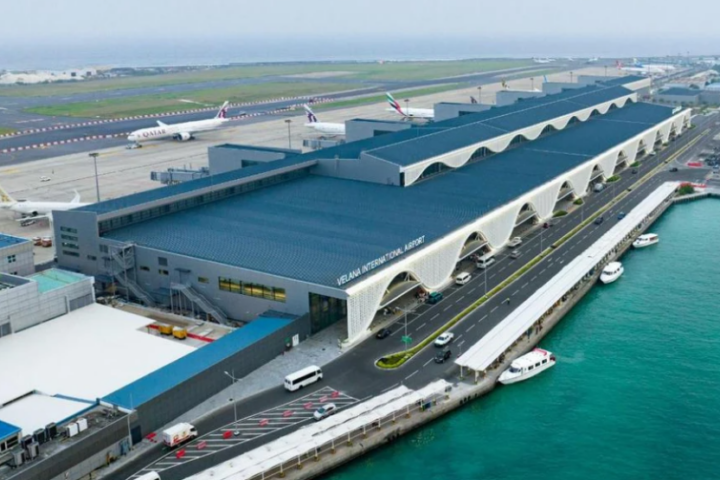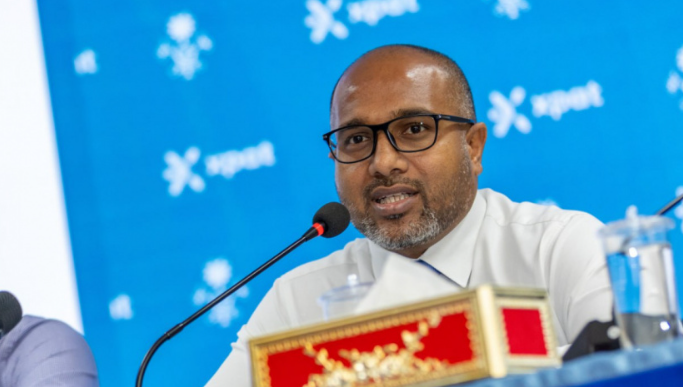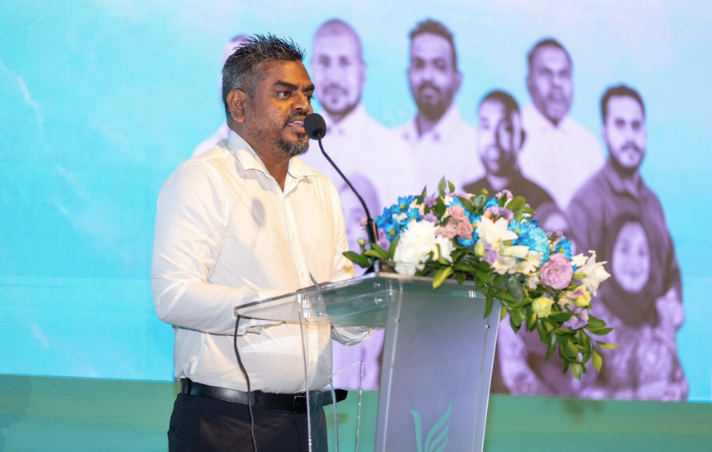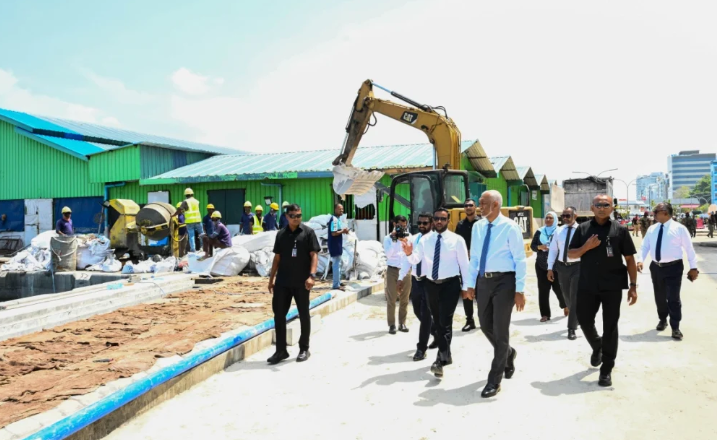MALÉ, Maldives — A sophisticated scheme to divert Indian sugar exports meant for Maldives to Sri Lanka has triggered a federal investigation, leading to the detention of multiple shipments and raising concerns about the abuse of bilateral trade agreements.
The Directorate-General of Foreign Trade (DGFT) launched a probe after discovering that portions of the 64,494.33 tonnes of sugar, specifically allocated for Maldives under a bilateral agreement, were being redirected to Sri Lanka. The investigation has effectively halted sugar exports through major Indian ports, with at least seven parcels detained at Nhava Sheva port.
The scheme’s scope became apparent when Sri Lankan customs officials detained approximately 70 containers of Indian sugar that arrived in Colombo. Trade sources reveal that over 80 container loads of sugar, originally permitted for Maldives export, had reached Colombo by mid-October.
Documents obtained by investigators expose the intricacy of the operation.
A bill of lading dated September 30, 2024, shows a 270-tonne shipment from Nhava Sheva port officially destined for Male’ but ultimately landing in Colombo. The document contained an unusual stipulation requiring empty containers to be returned to “carriers nominated depot in Colombo” – a suspicious requirement given that Male’ is a fully capable port.
The financial trail reveals complex international transactions. One invoice shows a cost and freight payment of $580 per tonne, totaling $156,600, to be paid by a Colombo-based firm to a UAE-based shipper. Another invoice dated September 23, 2024, documents a Dubai-based firm selling 270 tonnes at $585 per tonne ($157,950) to an undisclosed consignee, with instructions to notify a Colombo-based company.
Trade sources describe a sophisticated document manipulation process: exporters generate initial paperwork for customs clearance showing Maldives as the destination, then switch the bill of lading and substitute invoices once the cargo clears customs. Some shipments have reportedly even reached Port Klang in Malaysia.
This investigation gains significance as India had restricted sugar exports in the 2023-24 season due to decreased production, making special allowances only for select countries like Maldives. The bilateral agreement, established on April 5, 2024, permitted exports of various essential commodities including rice, wheat flour, sugar, and other staples through specific ports: Mundra, Tuticorin, and Nhava Sheva.
While Indian authorities pursue their investigation and Sri Lankan officials probe local buyers, Maldivian authorities have not initiated any investigation into the matter at this time.
The State Trading Organization (STO) of Maldives maintains a confident stance. “There will be no difficulty in managing sugar,” an STO official told local media, emphasizing that India has not suspended sugar exports to Maldives. Maldivian authorities have not launched any investigation into the alleged sugar diversion scheme.
Sri Lankan authorities have initiated their own investigation, focusing on local buyers involved in these transactions. While no formal charges have been filed and the investigation remains ongoing, the case has exposed significant vulnerabilities in the monitoring and enforcement of bilateral trade agreements.
The DGFT’s April 15 directive limiting exports under the bilateral treaty to specific ports now appears to have been an insufficient safeguard against such diversions.
